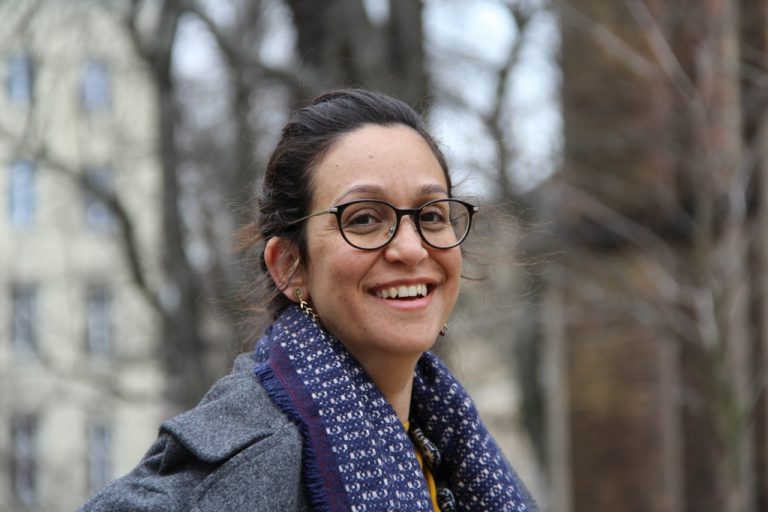
Le Colloquium du DEC est l'événement incontournable de notre département. Il accueille chaque mois des conférences données par des expert.e.s de renommée mondiale dans divers domaines des sciences cognitives tels que les neurosciences, la psychologie, la linguistique, la philosophie et l'anthropologie.
PROGRAMME 2024-2025
2024-2025 PROGRAM
 19 novembre 2024
19 novembre 2024
Dean Mobbs (California Institute of Technology, USA)
 10 décembre 2024
10 décembre 2024
Giorgio Vallortigara (Università Di Trento, Italy) : "The cognitive neurobiology of numerousness"
What underlies the ability to deal with numbers and where did it come from? It has been hypothesized that our ability to accurately represent the number of objects in a set (numerousness), and to carry out numerical comparisons and arithmetic, developed from an evolutionarily conserved system for approximating numerical magnitude. Non-symbolic number cognition based on an approximate sense of magnitude has been documented in a variety of species. However, we know little about its origins (i.e., to what extent experience would shape it) and of its neural and molecular bases. To address the first issue we performed single cell recordings in awake young domestic chicks. We found neurons selective to number in the caudal nidopallium (a higher associative area with functional similarities to the mammalian prefrontal cortex), which suggest that an approximate sense of magnitude can be an inborn feature in the avian brain. To address the issue of circuitry and molecular bases of the sense of magnitude we made use of zebrafish, that in recent years became established as ideal developmental and behavioral genetic model system. Using a combination of early gene expression and in-situ hybridization we identified for the first time a small region in the caudal part of the dorso-central division of the zebrafish pallium that shows selective activation upon change in numerousness of visual stimuli. As pallial regions are implicated in number cognition in mammals and birds, these findings support the existence of an evolutionarily conserved system for approximating magnitudes and provide an avenue for exploring its underlying molecular and genetic correlates.
Giorgio Vallortigara is Professor of Neuroscience and Director of the Animal Cognition and Neuroscience Laboratory at the Centre for Mind/Brain Sciences of the University of Trento, Italy.
Among his research interest is the study of brain and behavioural asymmetries in a comparative and evolutionary perspective. He first discovered functional brain asymmetry in fish and amphibians. He also studied the mechanisms underlying the use of geometry in spatial navigation and the origins of number and object cognition in the animal brain. Professor Vallortigara’s most recent work has focused also on the investigation of brain asymmetry and numerical cognition in insects.
On these topics he has published more than 400 refereed papers, that have received more than 30,000 citations overall (h-index=96; source Google Scholar). He has contributed also to several books chapters, and is the author with L.J. Rogers and R.J. Andrew of the monograph “Divided Brains” (Cambridge University Press, 2013). He recently published the books “Born Knowing”by MIT Press (2021) and “The Origins of Consciousness” by Routledge (2024). His work has been rated several times in the Faculty of 1000 Biology and widely described in general science books of animal behaviour, cognitive science and neuroscience. He has been the recipient of several honors and prizes, including, among others, two ERC Advanced Grants, the Geoffrey de St. Hilaire Prize for Ethology, and a doctorate honoris causa from the University of Ruhr in Germany.
 11 février 2025
11 février 2025
Martin Giurfa (Sorbonne University, France)
 4 mars 2025
4 mars 2025
Ali Boyle (The London School of Economics and Political Science)
 29 avril 2025
29 avril 2025
Natalie Boll-Avetisyan (University of Potsdam)
 27 mai 2025
27 mai 2025
Smadar Ovadia-Caro (University of Haifa)
S'abonner à l'agenda du colloquium du DEC (version Outlook)
Consulter les archives du colloquium
Enregistrements audio & vidéo

